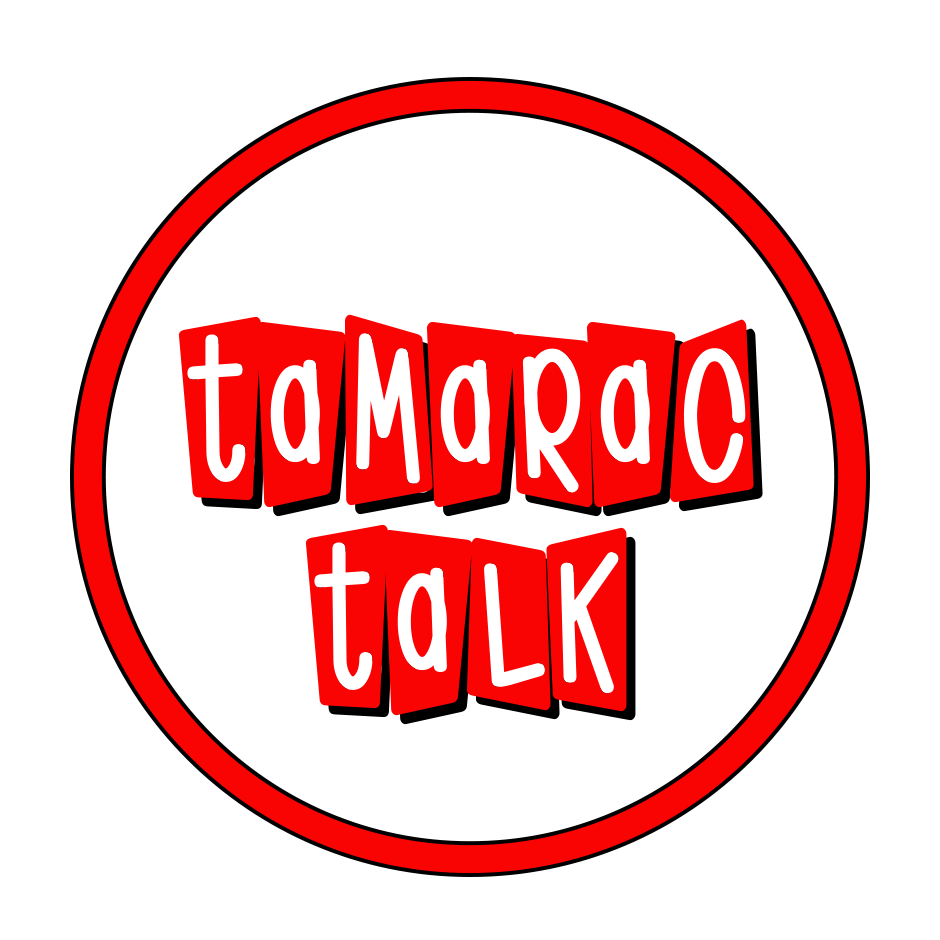By Kevin Deutsch
As part of our coverage of the Special Election to replace the late U.S. Rep. Alcee Hastings, Tamarac Talk is publishing questionnaires from each qualifying candidate who answered our questions before our July 31 deadline.
The Primary Election has been scheduled for Nov. 2, 2021, and the General Election for Jan. 11, 2022.
This seat includes Tamarac, Lauderhill, Lauderdale Lakes, Fort Lauderdale, West Palm Beach, and Belle Glade. The questionnaires have been edited for length and clarity.
Name: Mike ter Maat
Age: 60
Family Status: Married, raised two children, now 27 and 28
Current Job: Police Officer, City of Hallandale Beach
Municipality of residence: Hollywood
Have you ever been arrested, charged with a criminal offense, or convicted of a crime?
No
Have you run for office before? If so, please provide details.
No
What is your professional and educational background?
2010 to present Police officer. Road patrol in the city of Hallandale Beach. 2008 to 2010: Part-time substitute teacher in Broward Public Schools. Adjunct professor of economics at Nova Southeastern University, MBA students and undergraduates. Adjunct Professor of economics at Barry University, undergraduate students. 2002 to 2009: Founder and Director, Foreword Financial, executive education, and strategic consulting business for financial service professionals and related non-profits. 1992 to 2002: Information services division executive and financial services industry economist, American Bankers Association. 1989 to 1992: Financial economist, White House Office of Management and Budget. 1992: Ph.D., Economics, George Washington University. 1989: MPhil, Economics, George Washington University. 1988 to 1990: Teaching fellow, economics, George Washington University. 1987 to 1989: Financial economics consultant, World Bank, International Finance Corporation, U.S. Overseas Private Investment Corporation. 1986 to 1987: Commercial banking officer, Carteret Bank. 1983 to 1984: Commercial banking analyst, Goldome Bank. 1983: MBA, Management, Rensselaer Polytechnic Institute. 1982: BS, Aeronautical Engineering, Rensselaer Polytechnic Institute.
Why are you running for this Congressional seat?
There is a special alignment between the problems facing the residents of this district and my expertise. I believe this suggests an opportunity for me to add value to the debates of public policy that affect the district and our nation. I further believe that one of the biggest problems we have as a nation is our deepening political divide and that as a Libertarian, I am particularly well-positioned to contributing to bridging this chasm.
As a former White House economist and economics professor with a background in economic development, I have studied poverty and what it takes to generate income. As a police officer on road patrol for the past eleven years, I have witnessed directly how families are trapped in the cycle of intergenerational poverty. I also have worked as a substitute teacher in Broward County’s public school system, which I believe is one of the largest factors in continuing our cycle of poverty.
What sets your candidacy and platform apart from the other candidates?
I am the only Libertarian. In most districts and in most years, that would be merely an amusing oddity. However, a confluence of recent events indicates that faith in the state versus faith in the individual may be the most salient aspect of current debates.
First, the highest-profile problems of District 20 have been deeply exacerbated by well-meaning but ultimately misguided government interventionism, to which Libertarianism is uniquely positioned to offer solutions.
Second, Democratic politicians currently are doubling down on government interventionism rather than approaching problems with fresh eyes—trying the same things over and over while expecting different results. Greater spending and less qualifying criteria for entitlements bring no solutions that have not already been tried. Greater spending on schools without opening up competition with private schools similarly brings no solutions that have not already been tried.
Third, Republican politicians have become so distracted by popular culture wars that they are missing opportunities to solve problems. Politicians who have been swept up in the Trump election fiasco are particularly distracted. As one important example, culture wars are preventing Republicans from helping justice reform efforts because they are afraid to get on the wrong side of police officers. As another example, because government spending does not fit into the culture war theater,
Republicans are relatively pliant with respect to trillion-dollar spending. My platform is designed to laser-focus on the problems we face yet enjoy virtually no support from legacy party politicians: Police reform, justice reform, school choice, fiscal responsibility.
What in your estimate are the three biggest issues facing this congressional district, and how will you address them?
Police reform, decriminalization, school choice.
Increase officer accountability and transparency; Defunding police is not a serious proposal. Reduce community criminalization; The War on Drugs and the Crime Bill have resulted in the world’s highest incarceration rates without solutions to either addiction or violence. Modernize officer labor markets; Police labor markets must become more like those in any other industry. Enhance community leadership; Community leadership must be a part of the modernization of police management. Reduce pressures that lead to crime; We must break the cycle of an oppressive justice system, intergenerational poverty, and crime by recognizing that the 1960s War on Poverty has failed.
Persistent poverty entrapping families from one generation to the next is not something that would be predicted by free markets, and a lack of mobility is not something we observe at higher other rungs of the economic ladder. Poorly performing public schools, protected by local monopolization, leading to poor job prospects for high school graduates and poor performance for college students.
We must: attach public funding to each child so that parents can choose the best school available, public or private; end the criminalization of victimless behaviors like marijuana possession; end the practice of handing out sentences that are five times longer than in the rest of the world; end the practice of writing checks on the basis of fathers moving out of the house; and give parents options for sending their children to any school within their geographic reach.
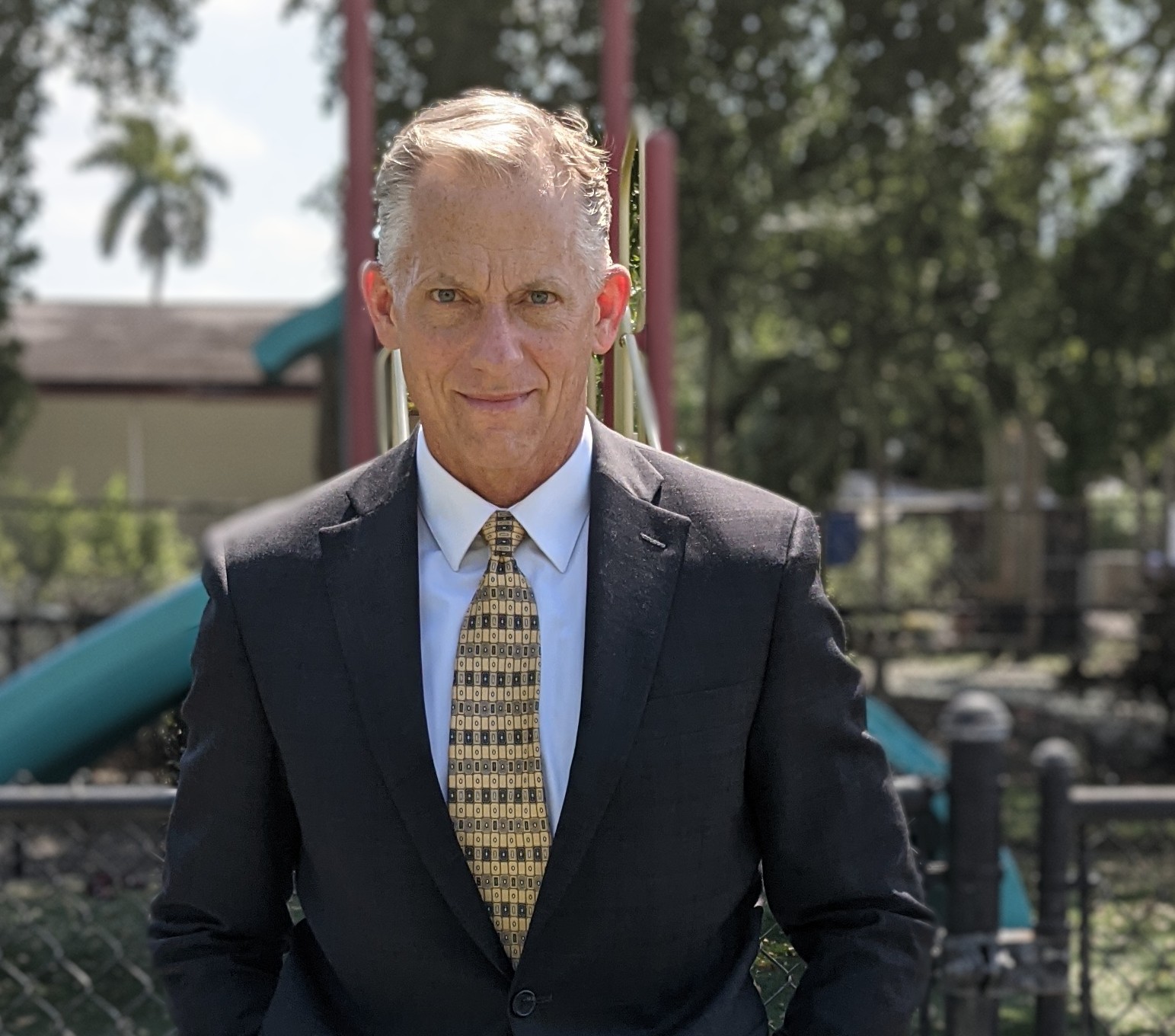
Mike ter Maat
What do you consider your most important 1) personal connection and 2) professional connection to this district?
Since 2003, I have lived in four different locations in Broward County. I have had two important connections, through the schools and through police work: My two children attended public elementary schools and private middle schools; one went to a public, and one went to a private high school. For nearly two years, I worked part-time as a substitute teacher in a variety of BCPS high schools. Road patrol has been my assignment continuously for eleven years, including nights, days, poor communities, wealthy communities, and communities of a variety of cultural compositions.
How familiar are you with Tamarac, and what in your view are the most significant challenges facing the city?
I am personally very familiar with Tamarac, having lived in Broward County for the past 18 years. Moreover, our campaign is unofficially headquartered in Tamarac. This city is, in some ways, fairly unique in its type of demographic diversity. The Haitian and other immigrant populations, in addition to the significant retired population, present an unusual combination of challenges.
The common denominator is the far-below-average income and wealth distribution. Consequently, the most important policy issues revolve around poverty and opportunity. Like most impoverished cities in the U.S., Tamarac’s public schools are sub-par by both national and international benchmarks. Because low-and moderate-income families, whether immigrants or not, cannot typically afford private schools, the public school system has a virtual monopoly. This is created by the BCPS having unique access to public funding. The absence of competition has led to mediocre schools—and worse—remaining in place despite creating a cost structure well in excess of that of most private schools.
How do you plan to serve the residents of Tamarac?
We must break the cycle of intergenerational poverty as well as create opportunities for low-income immigrants. This means raising a voice for school choice, leading the movement toward police reform, ending the criminalization of personal drug use because it leads to the creation of street crime, and ending the sentencing of Americans to prison terms up to five times longer than in the rest of the world.
How do you plan to serve the residents of Kings Point?
Kings Point residents have priorities that differ from the rest of District 20 in subtle but significant ways relating to safety. The first is financial safety, as many of our residents here are on fixed incomes. As a former White House Office of Management and Budget economist, I believe I have the credibility to lead a movement toward a more rules-based (less inflationary) Federal Reserve policy.
The second is physical safety. Many Democratic politicians continue to call for police defunding. My agenda calls for police reform, and I believe I have the credibility as an 11-year officer to lead that discussion. Third, many senior residents have been frustrated by the difficulty of navigating the rules, the procedures, and the bureaucracies involved in securing the benefits to which they are lawfully entitled. This is wrong.
As a Libertarian, I share residents’ frustration with agencies that have become insufficiently motivated to resolving the challenges of getting benefits to those who are owed. Toward this end, my office will dedicate special resources to resolving such issues.
Why should residents of the district cast their vote for you?
The time has come for voters to stand up for their own principles, which I believe are best represented by the Libertarian Party but are certainly no longer represented by either the Republican Party or the Democratic Party. This leaves many individuals uncomfortable with their party as the lesser of two evils. Libertarianism better addresses the key issues of the day by recognizing that both of the legacy parties have leveraged government resources to advance one agenda or another that is no longer applicable to our problems.
What are the top three issues facing the country, and how do you plan to address them if elected?
Poverty. As a Libertarian, I am offended by the lack of opportunity that is presented to so many Americans as a result of persistent intergenerational poverty. As an economist, I recognize specific factors, especially well-intentioned but ultimately unhelpful public policies, and programs, locking families into this condition. There can be no higher priority than building pathways out of poverty for millions of Americans.
When the concomitant effects of poverty are considered—health, crime, politics, legacy, racism, patriotism—this becomes not just priority number one, but, I believe, the basis for all priorities.
Justice reform, especially police reform. Not only is this an important issue insofar as it affects so many people directly, but it is of even greater importance because varying perceptions of our justice system exacerbate a split among Americans both politically and culturally.
Fiscal unsustainability. The amount of our federal government’s debt now exceeds our annual income. Spending is not a hot topic among voters, but the question you asked deserves the truth. I will lead the charge to put this issue in the spotlight. This will be easier for me than for others, not just because I am an economist but because I do not intend to make a career of legislating and have no intention of distributing largesse in order to build popularity.
What is the most important thing voters should know about you?
That I am a Libertarian, and that means that I value above all else their right—not their government’s right—to make the decisions that affect their lives. Such decisions include personal choices like where their children attend school, use of drugs, censoring their own social media, and wearing masks.
But it also means a less intrusive criminal justice system, a government that no longer mortgages our future, and one that no longer intrudes in other nations by force.
Got News? Send it to Tamarac Talk.
Author Profile
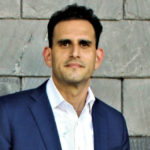
Latest entries
 NewsFebruary 18, 2026Arrest Made in Fatal Deputy-Involved Tamarac Crash
NewsFebruary 18, 2026Arrest Made in Fatal Deputy-Involved Tamarac Crash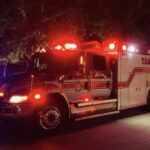 NewsFebruary 18, 2026Driver Killed in Deputy-Involved Crash in Tamarac
NewsFebruary 18, 2026Driver Killed in Deputy-Involved Crash in Tamarac NewsFebruary 17, 2026Chabad Jewish Center to Host “Purim in Paris” Celebration at Woodmont Country Club
NewsFebruary 17, 2026Chabad Jewish Center to Host “Purim in Paris” Celebration at Woodmont Country Club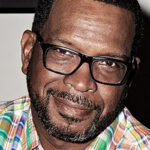 NewsFebruary 16, 2026Rap Icon “Uncle Luke” to Take on U.S. Rep. Cherfilus-McCormick in Primary Challenge
NewsFebruary 16, 2026Rap Icon “Uncle Luke” to Take on U.S. Rep. Cherfilus-McCormick in Primary Challenge
